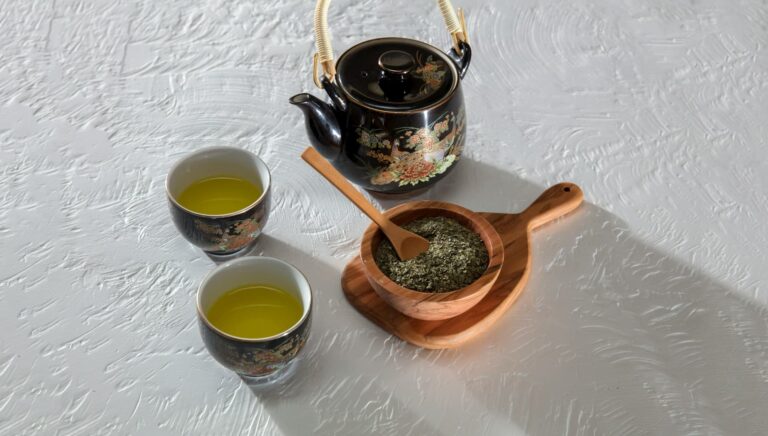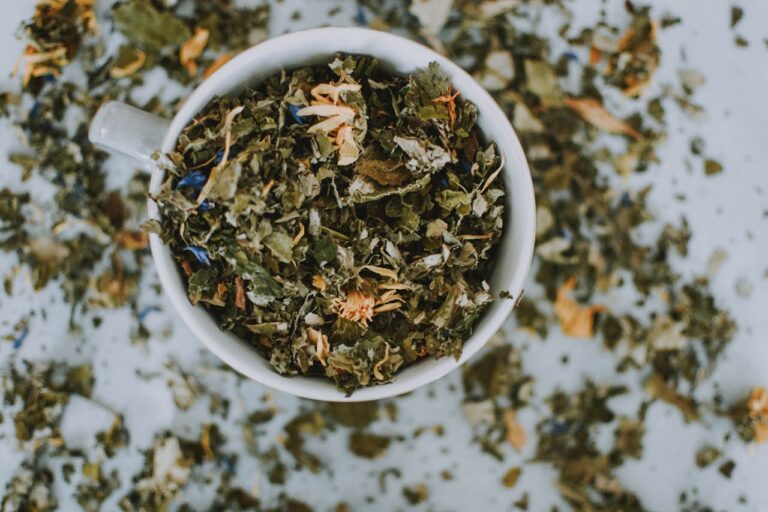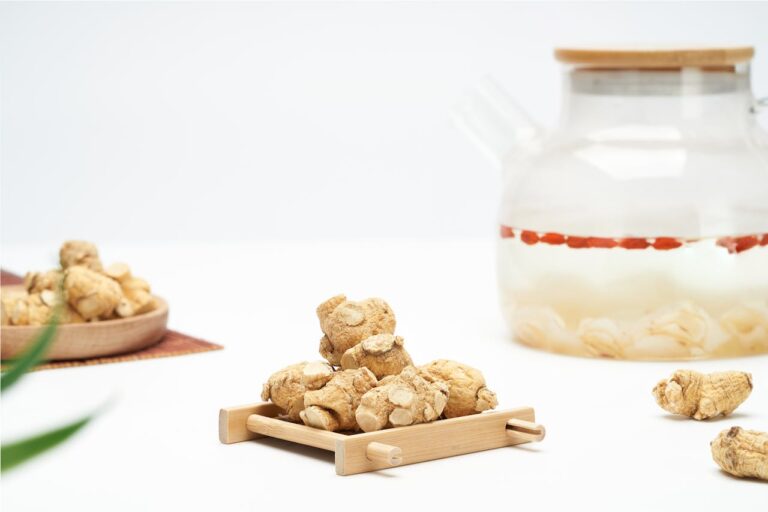The Struggle of Chronic Joint Pain
Joint pain isn’t just an occasional discomfort—it can be a persistent, life-altering issue. Millions of people worldwide suffer from chronic joint pain, whether due to arthritis, injury, or inflammation. The stiffness, swelling, and reduced mobility can make everyday activities feel like a battle.
If you’ve tried conventional treatments, you might have experienced limited relief or unwanted side effects. This frustration has led many to seek natural alternatives, and for good reason—nature provides powerful anti-inflammatory solutions that have been used for centuries to ease joint pain.
Why Conventional Pain Relief Isn’t Always the Answer
Over-the-counter pain relievers and prescription medications can help, but they often come with risks, including gastrointestinal issues, liver damage, and dependency concerns. Steroid injections may offer temporary relief but don’t address the root cause of inflammation. The good news? Nature has provided us with herbs that work with the body to reduce inflammation and support joint health—without the harsh side effects.
Let’s explore some of the most potent anti-inflammatory herbs that could help you reclaim your mobility and comfort.
Nature’s Best-Kept Anti-Inflammatory Herbs for Joint Pain
1. Turmeric (Curcuma longa)
The Golden Healer
Turmeric has been used in Ayurvedic and traditional Chinese medicine for centuries, and its active compound, curcumin, is renowned for its powerful anti-inflammatory and antioxidant properties.
How it helps:
- Reduces inflammation by blocking inflammatory pathways in the body.
- Helps protect cartilage and joints from oxidative stress.
- Works similarly to NSAIDs but without the harmful side effects.
How to use it:
- Add fresh or powdered turmeric to teas, soups, or smoothies.
- Take curcumin supplements for a more concentrated dose (look for formulations with black pepper for better absorption).
2. Ginger (Zingiber officinale)
A Natural Pain Reliever
Ginger is not just a culinary staple—it’s a powerful anti-inflammatory herb that has been compared to ibuprofen for its pain-relieving benefits.
How it helps:
- Contains gingerols, compounds that reduce inflammation in the joints.
- Helps improve circulation, which may reduce stiffness.
- Can alleviate muscle pain associated with joint issues.
How to use it:
- Brew fresh ginger tea by steeping grated ginger in hot water.
- Add it to meals or take ginger supplements.
3. Boswellia (Boswellia serrata)
The Ayurvedic Joint Protector
Also known as Indian frankincense, Boswellia is famous for its ability to reduce inflammation and support joint flexibility.
How it helps:
- Inhibits enzymes responsible for inflammation.
- May help slow cartilage damage in arthritis.
- Reduces swelling and improves joint function.
How to use it:
- Take Boswellia extract in capsule form.
- Use Boswellia resin in teas or tinctures.
4. Willow Bark (Salix alba)
Nature’s Aspirin
Willow bark has been used for centuries as a natural pain reliever, thanks to its active compound, salicin, which has similar properties to aspirin.
How it helps:
- Reduces pain and inflammation in the joints.
- May help alleviate stiffness and improve mobility.
How to use it:
- Brew as a tea or take as a supplement.
- Avoid if allergic to aspirin or blood thinners.
5. Devil’s Claw (Harpagophytum procumbens)
The African Pain Reliever
This traditional African remedy has gained popularity for its potent anti-inflammatory effects.
How it helps:
- May reduce pain and stiffness in osteoarthritis and rheumatoid arthritis.
- Supports improved range of motion and joint flexibility.
How to use it:
- Take in capsule or extract form.
- Brew as an herbal tea.
6. Green Tea (Camellia sinensis)
The Antioxidant Powerhouse
Rich in polyphenols and catechins, green tea is a well-known anti-inflammatory agent that supports overall joint health.
How it helps:
- Reduces oxidative stress, which can contribute to joint damage.
- May help slow the progression of arthritis.
How to use it:
- Drink daily as a soothing tea.
- Consider green tea extract for a more concentrated dose.
How to Incorporate These Herbs into Your Daily Routine
- Herbal Teas: Brew combinations of ginger, turmeric, and green tea for a soothing, anti-inflammatory drink.
- Supplements: Look for high-quality, standardized herbal extracts for consistent dosing.
- Cooking: Add turmeric, ginger, and other herbs to your meals for a flavorful health boost.
- Topical Applications: Some herbs, like Boswellia and willow bark, can be found in creams and balms for direct joint relief.
Lifestyle Tips to Support Joint Health
While these herbs can significantly help with inflammation and pain, adopting a holistic approach will provide even better results:
- Maintain a balanced diet rich in anti-inflammatory foods like leafy greens, berries, and omega-3 fatty acids.
- Stay active with low-impact exercises like swimming, yoga, or walking.
- Manage stress, as chronic stress can worsen inflammation.
- Prioritize sleep, since rest is essential for tissue repair and recovery.
The Bottom Line
Chronic joint pain can be debilitating, but nature provides powerful, time-tested remedies to ease inflammation and improve mobility. While no single herb is a magic cure, incorporating these natural solutions into your routine may provide lasting relief without the risks of conventional medications.
As always, consult with a healthcare professional before starting any new herbal regimen, especially if you’re on medication or have existing health conditions.
Disclaimer: This article is for informational purposes only and does not constitute medical advice. Always consult with a healthcare professional before starting any new supplement or treatment.







